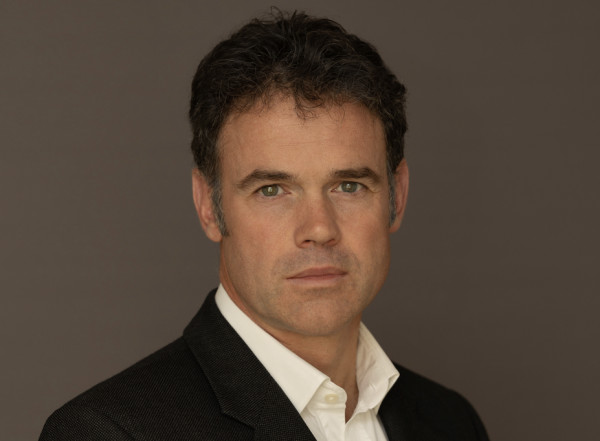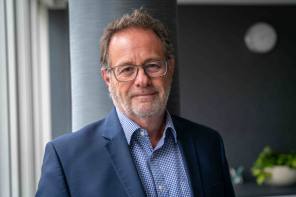

The chief executive of Tyndall Investment Management said: "I was brand new to accountancy, I did not know how to interpret a company's report and accounts, and after asking a few, stumbling questions, this man had sussed me.
"But instead of showing me the door, he spent a long time talking me through everything and explaining what his company does."
This encounter, just four months into his traineeship with PricewaterhouseCoopers, gave Odd a vision of what it means to have an open, honest and encouraging conversation with people.
"While I soon realised accountancy was not for me, I soon learned that if you can understand what a company does, you can understand the value of a share. And if you can do that, you can explain investments very simply to a client."
Relational elements
Odd, who founded Tyndall in 2017, is young by most standards of CEOs, having only started out in fund management in 1997, when he joined Jupiter Asset Management.
But he claims to be "old fashioned" when it comes to taking time to speak with clients and engage with stakeholders.
"I'm a bit of a romantic", he says. "I learned my trade when a fund manager's job was to make our clients money, not to be a product manufacturer.
"This relational element between client, manager and adviser seems to have been lost, somehow, along the way.
"Maybe it's because the senior staff at many fund management companies now are people who have done MBAs, rather than people who have been fund managers all their working lives."
Odd moved to M&G and then managed portfolios for Fairstone after setting up his own company, Odd Asset Management.
Tyndall is not a large investment firm, by any standards. In addition to its boutique wealth management business and the partnerships franchise, which manages portfolios on behalf of advisers, the company boasts three highly differentiated, actively managed Oeics:
- VT Tyndall North American Fund
- VT Tyndall Global Select Fund
- VT Tyndall Real Income Fund.
Altogether, the company has £80mn in AUM across all three funds, as at the end of October 2022.
Some companies may suggest funds are not viable at small sizes, but Odd says this is also true of funds that are too large to be able to make the necessary calls.
What is important, he says, is the quality of the fund manager and the understanding that they are investing clients' money.
Not only are Tyndall's funds personally invested in by the managers themselves, but Odd claims the fund size means they are nimble enough for the fund managers to make necessary portfolio decisions quickly.
They are also manageable, which means that clients and advisers can call and speak directly to the person managing their money.
Homogenisation
"The tenets of a good professional relationship are trust, communication and acting in the end client's best interests.
"To an external observer it wouldn't take long before people realise that some companies have shifted from treating each client as an individual to 'how can we monetise this' and commoditising that relationship.
"Before long, this leads to homogenisation and building client books by acquisition and treating them all the same. And then come the fees. I think this is insidious", Odd explains.
"Fund management then becomes a business managed to the lowest common denominator."
He believes it is important to allow managers the time to speak with advisers and clients. "Clients like the little things. They like that the person they speak to on the phone is the person managing the money.
"It might sound old school but during Covid, when everything was going nuts, we were speaking directly to advisers and clients and it was clear this was important to them."
Identity
But what happens when a fund manager stops being associated with the fund? What happens in terms of the handover or if the manager themselves should pull their own money from the fund?
Odd adds: "That might be an issue where the manager's interests are aligned with the performance of the fund, and not with the interests of the clients.
"But we are clear with our team that management is not about running a well-oiled machine, but about having good relationships.
"That's why a lot of the money we manage has come by word of mouth: clients appreciate that we understand what their money means to them."
simoney.kyriakou@ft.com



